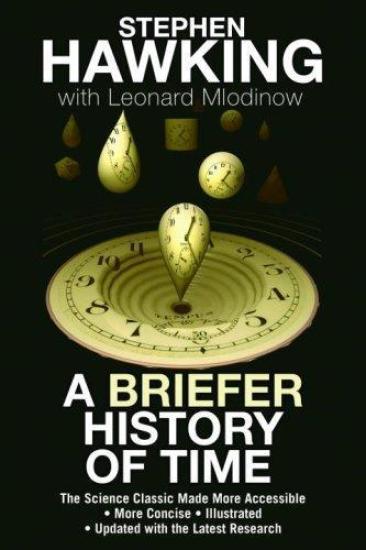
Rating: Not rated
Tags: Physics, Lang:en
Summary
Stephen Hawking’s worldwide
bestseller, A Brief History of Time, has been a landmark
volume in scientific writing. Its author’s engaging
voice is one reason, and the compelling subjects he addresses
is another: the nature of space and time, the role of God in
creation, the history and future of the universe. But it is also true that in the years
since its publication, readers have repeatedly told Professor
Hawking of their great difficulty in understanding some of
the book’s most important concepts. This is the origin
of and the reason for A Briefer History of Time: its
author’s wish to make its content more accessible to
readers - as well as to bring it up-to-date with the latest
scientific observations and findings. Although this book is literally
somewhat “briefer,” it actually expands on the
great subjects of the original. Purely technical concepts,
such as the mathematics of chaotic boundary conditions, are
gone. Conversely, subjects of wide interest that were
difficult to follow because they were interspersed throughout
the book have now been given entire chapters of their own,
including relativity, curved space, and quantum theory. This reorganization has allowed the
authors to expand areas of special interest and recent
progress, from the latest developments in string theory to
exciting developments in the search for a complete unified
theory of all the forces of physics. Like prior editions of the
book—but even more so—A Briefer History of Time
will guide nonscientists everywhere in the ongoing search for
the tantalizing secrets at the heart of time and space.